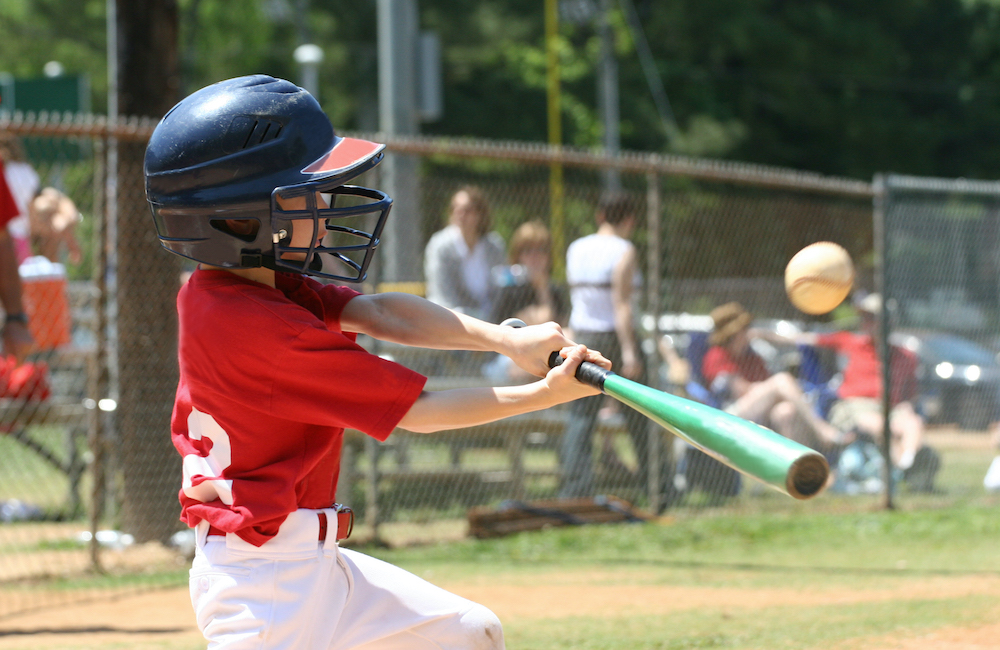A few weeks ago, my eight-year-old joined a baseball team. I am now a baseball Mom. Wait, that made it sound simple. It was actually much more complicated. About two months ago, I registered for a baseball league, I emailed three coaches, I posted advertisements on the league message board, I posted on Facebook groups, my son had a tryout, I had to join a different baseball league and THEN he joined a baseball team. By the time the Cardinals report for Spring Training, my 2nd grader will have already had two weeks of twice-a-week practice. His team registered for three tournaments, in addition to the regular games that are part of the league, and the preseason scrimmage games which will start next month. If I understand correctly, the season goes through July at which time there is a short break before Fall Baseball starts in August. In other words, if you are looking for me, try the baseball field.
Over the last few weeks, in between paying fees, buying baseball socks, shoes and belts, sizing hats and uniforms and having mitts steamed, I’ve been questioning whether we are doing the right thing. The benefits of youth sports are numerous. There are the obvious physical and mental health benefits. These include lower rates of obesity, heart disease, diabetes, anxiety and depression. Additionally, participation in team sports teaches sportsmanship, improves self-esteem, builds relationships and critical thinking skills. Young athletes learn that perseverance pays off, but they also learn how to accept defeat. They learn time management skills, leadership and teamwork. These are certainly all things that I want for my son. But when does it become too much? We have all heard about the young athlete who excelled at his sport and then either got injured so he couldn’t play anymore or quit when the internal and external pressures became so much it was no longer fun. How do I ensure this does not happen to my son? How do I keep him from becoming burned out?
What is Burnout?
Burnout is a chronic stress response causing young athletes to eventually stop participating in the sport that they used to find enjoyable. Research estimates that burnout affects up to 35% of teenage athletes. Burnout occurs in stages. It is characterized by factors such as poor performance, injury, chronic pain, mood changes, fatigue and irritability. Burnout prevention is especially important for athletes most at risk—those that specialize early in one sport or play that sport on multiple teams year-round. These players tend to be very ambitious and driven. They may also suffer from anxiety or have parents or coaches who pressure them to compete or train at a high level.
Guidelines for Burnout Prevention
Burnout is easier to prevent than it is to treat. The responsibility falls not only on the athlete but also on the coach and the family. Some guidelines for burnout prevention include:
- Take at least 1-2 days off each week from playing the sport
- Take 2-3 months off each year from the sport
- Encourage unstructured “free time” play
- Build in rest and recovery
- Ensure prompt treatment and appropriate recovery from injuries
- Focus on proper sport technique
- Focus on sportsmanship and teamwork
- Check in frequently with your athlete
We have only had a few practices, but so far, my son is thriving. He tells me frequently how much he loves his new team. He respects his coach and listens carefully to all the instructions. And he does his best in all the drills and even when feeling frustrated he doesn’t quit. He has dealt well with not being able to get his first choice number on his jersey (it was already taken) and he likely won’t play the position that he wanted. Coach explained that his skills make him better suited for other positions that will help the team more, and he is OK with that. He used his best penmanship to sign his name on the parent and player team contract. This document emphasized sportsmanship, teamwork, friendship and skills building. Finally, for what it is worth, my son assures me that he will find me in the crowd when he becomes a major league player. So far, so good.






Comments